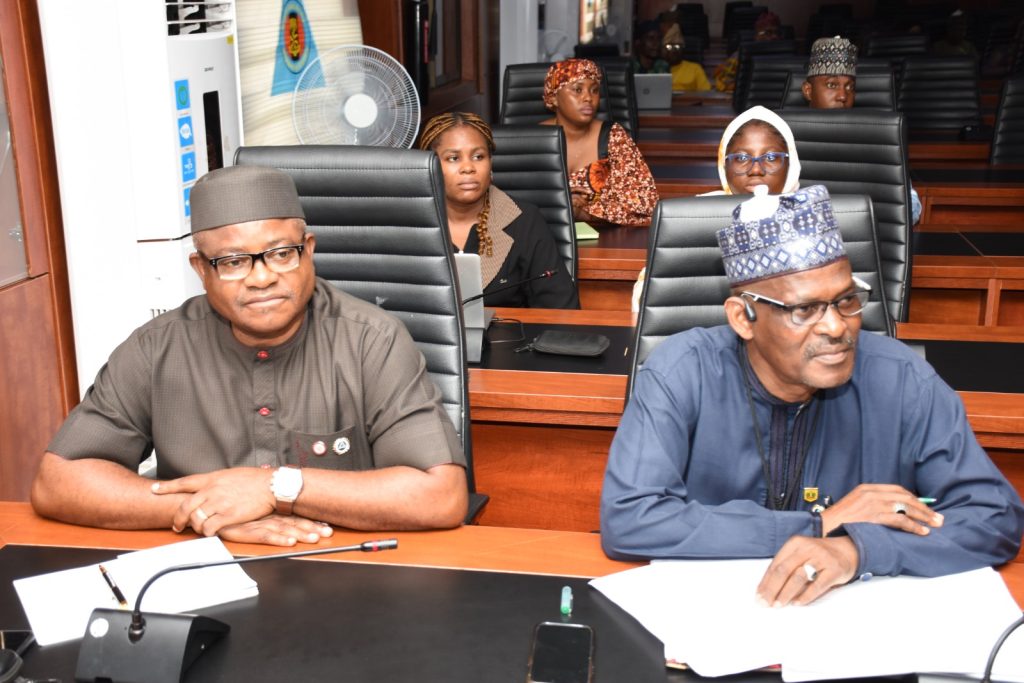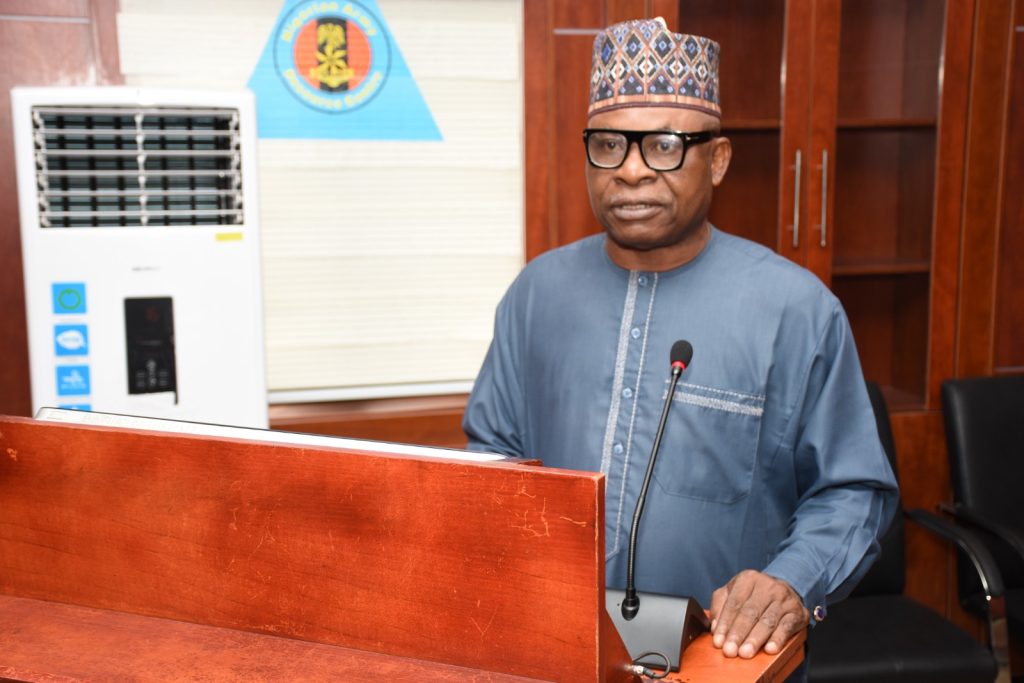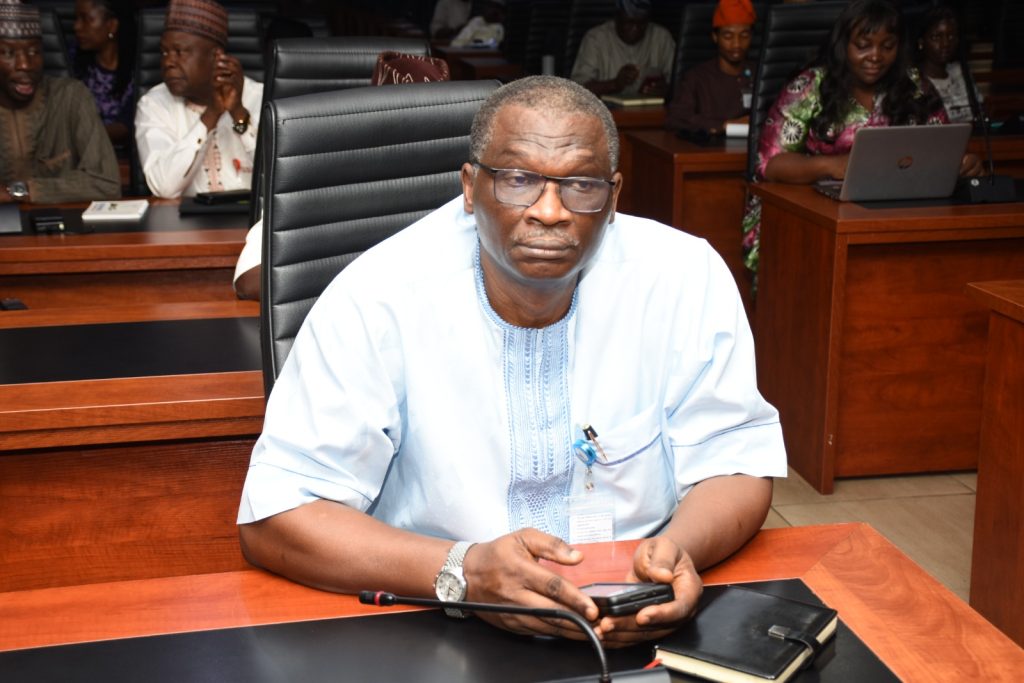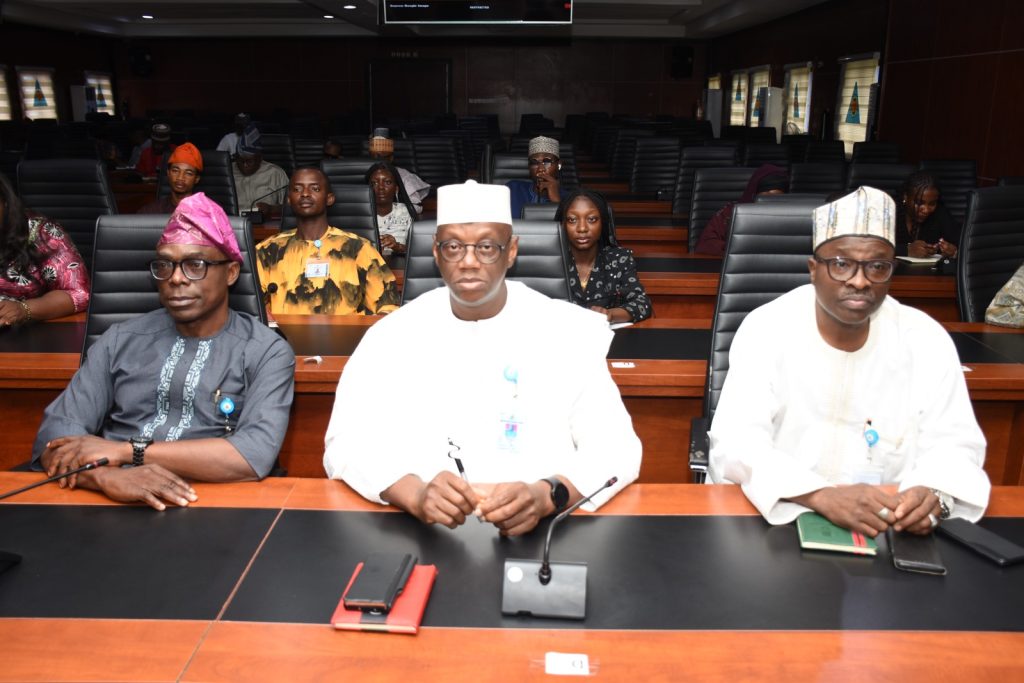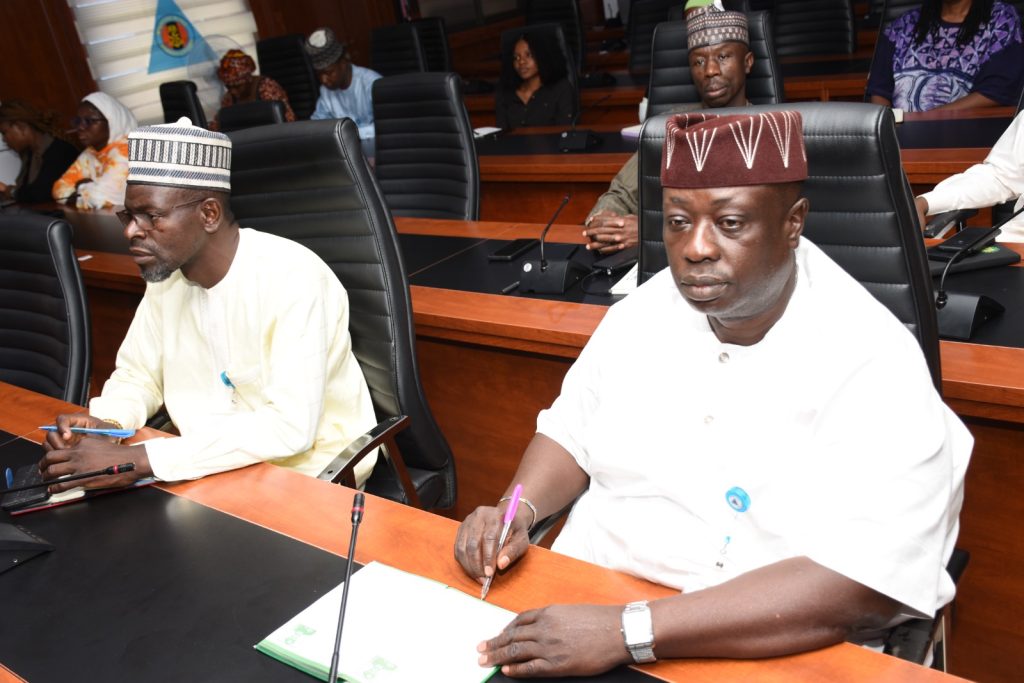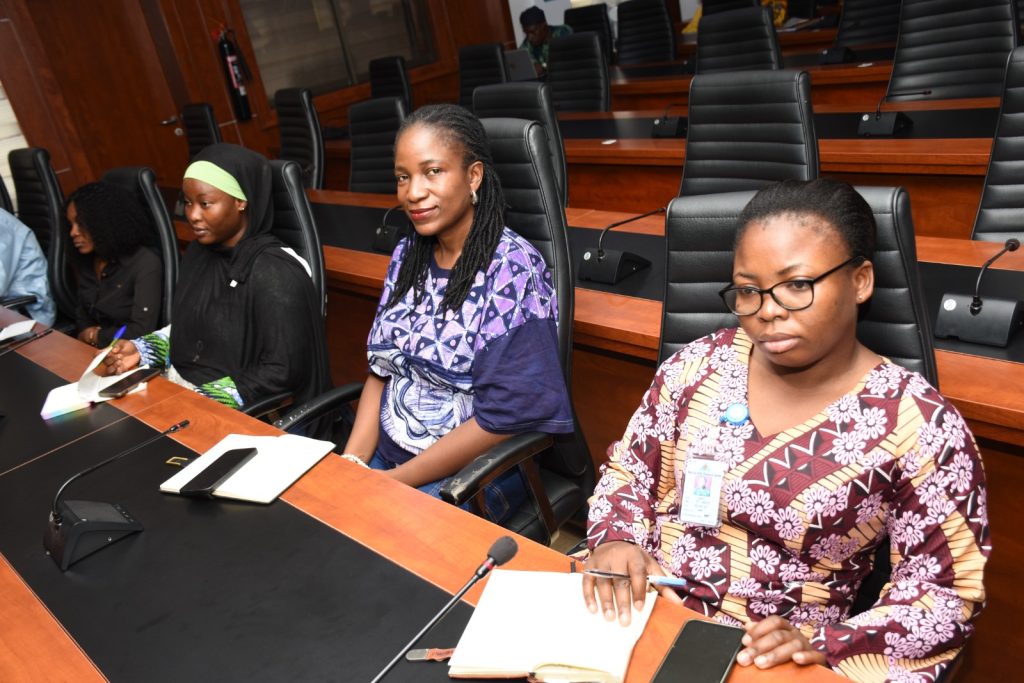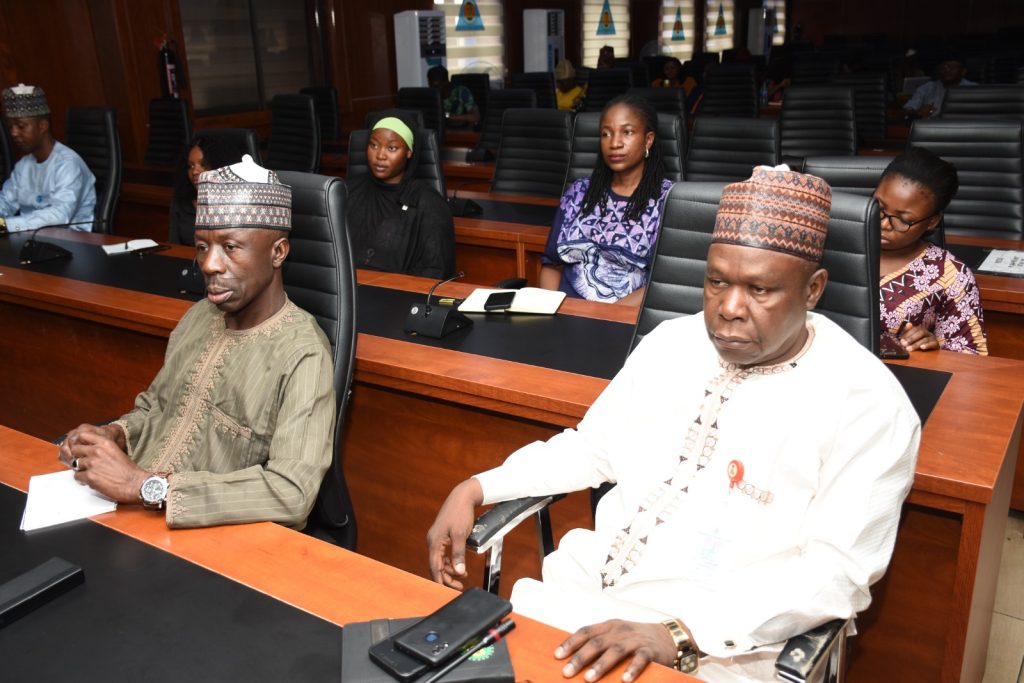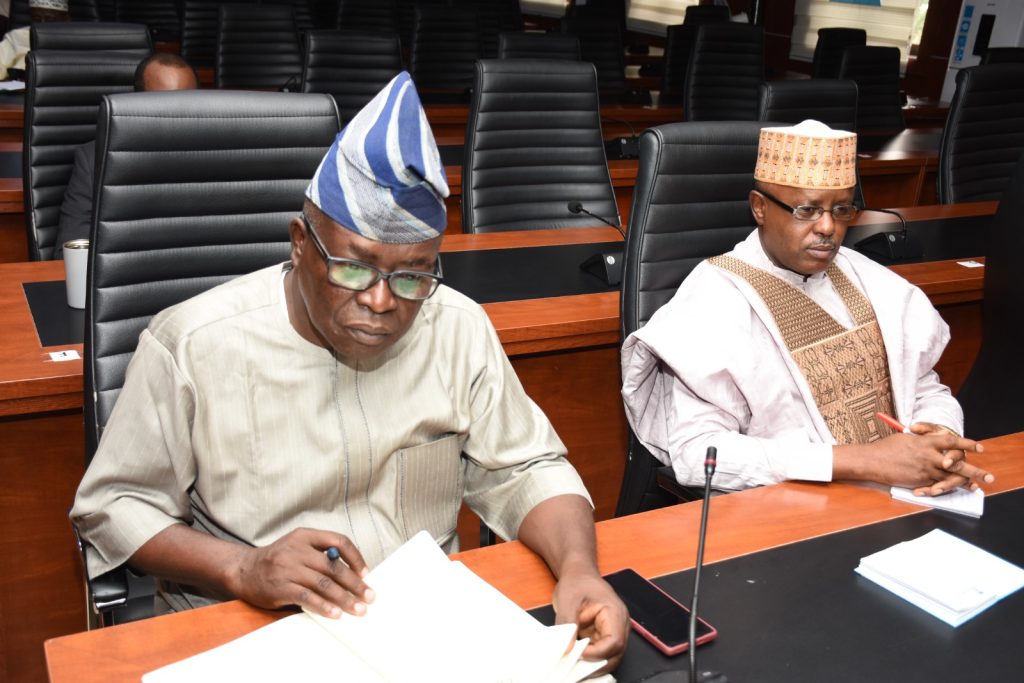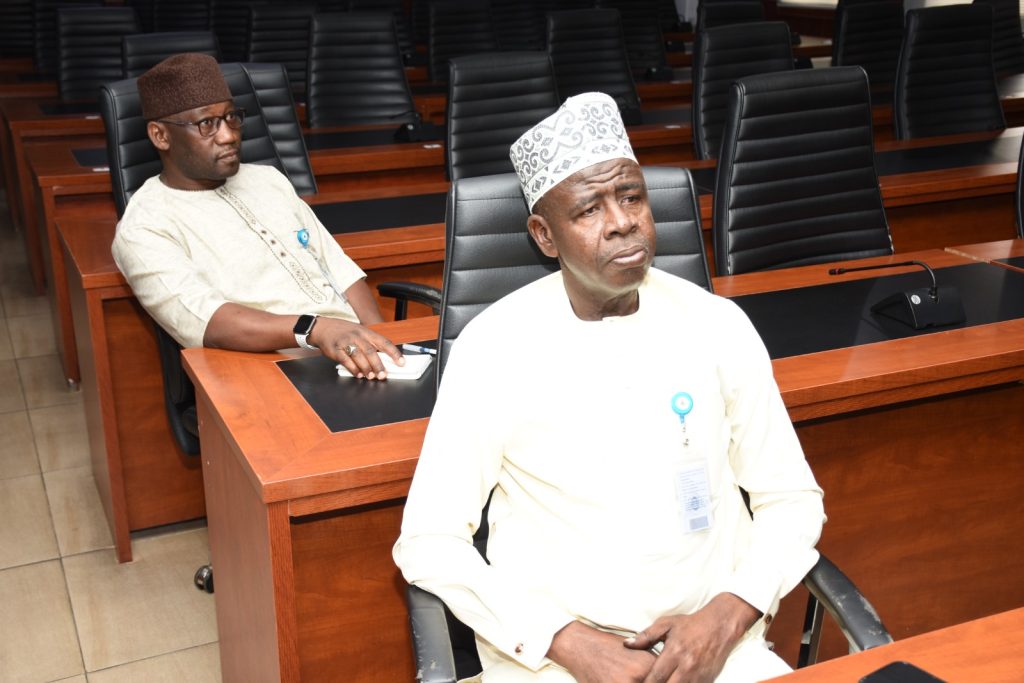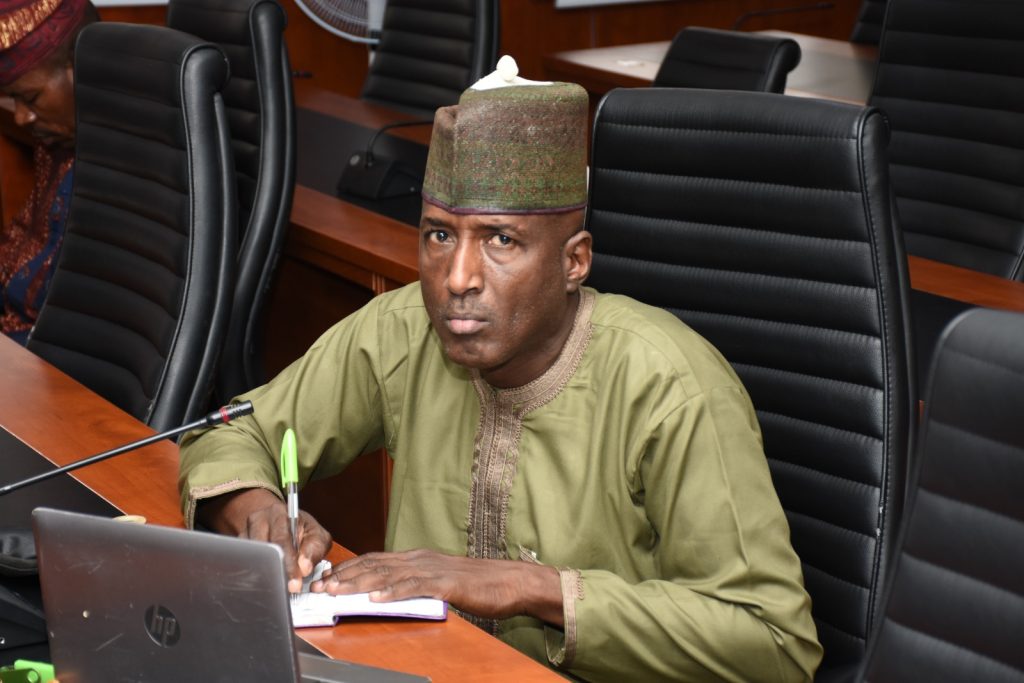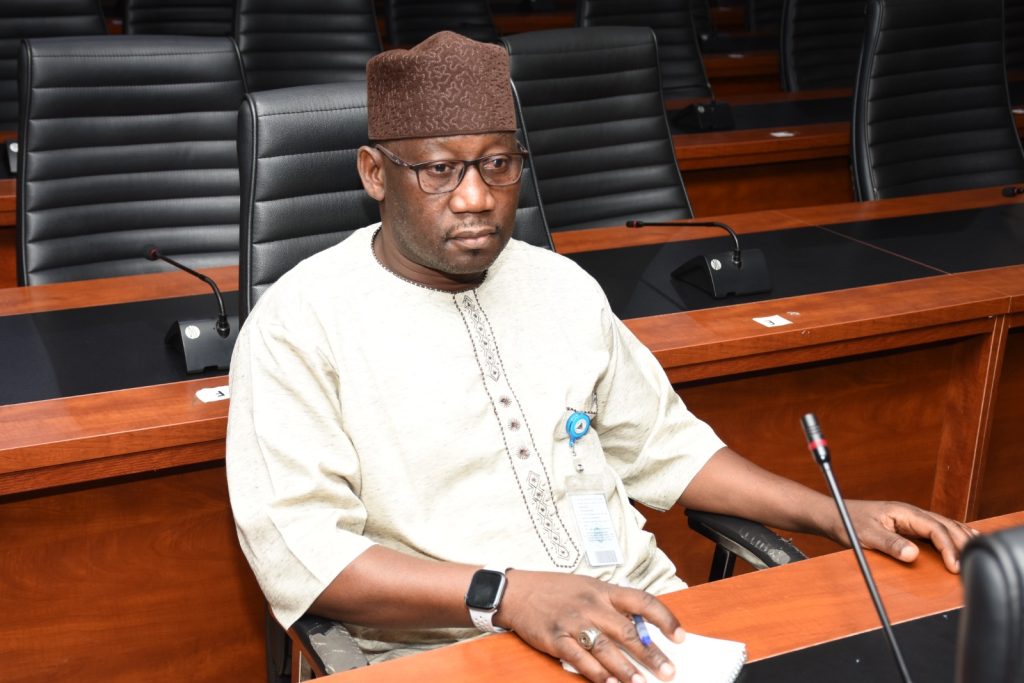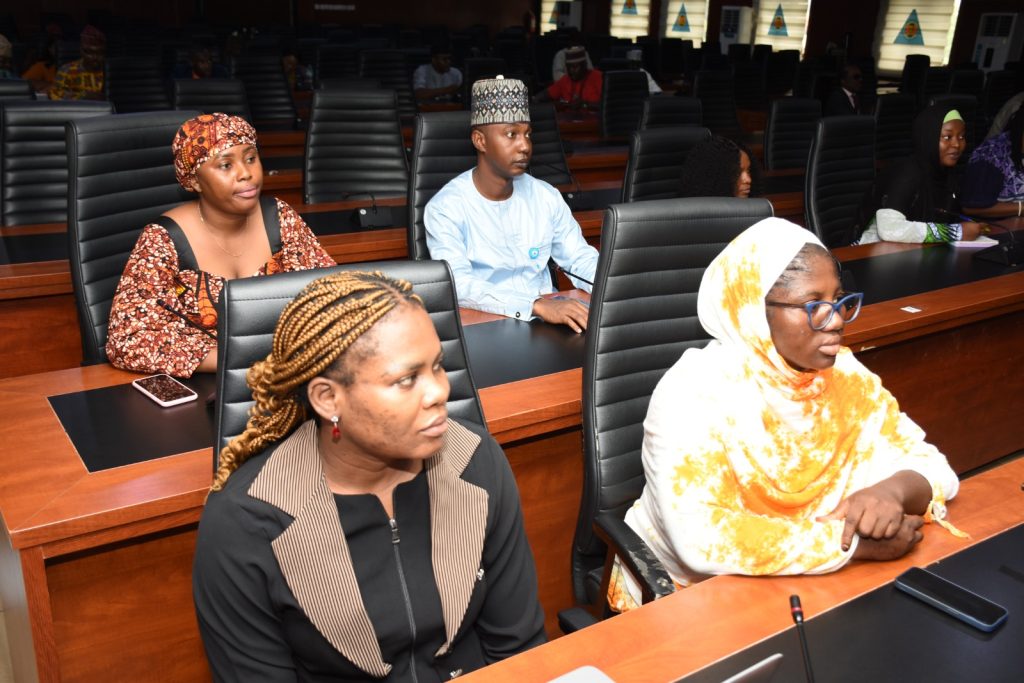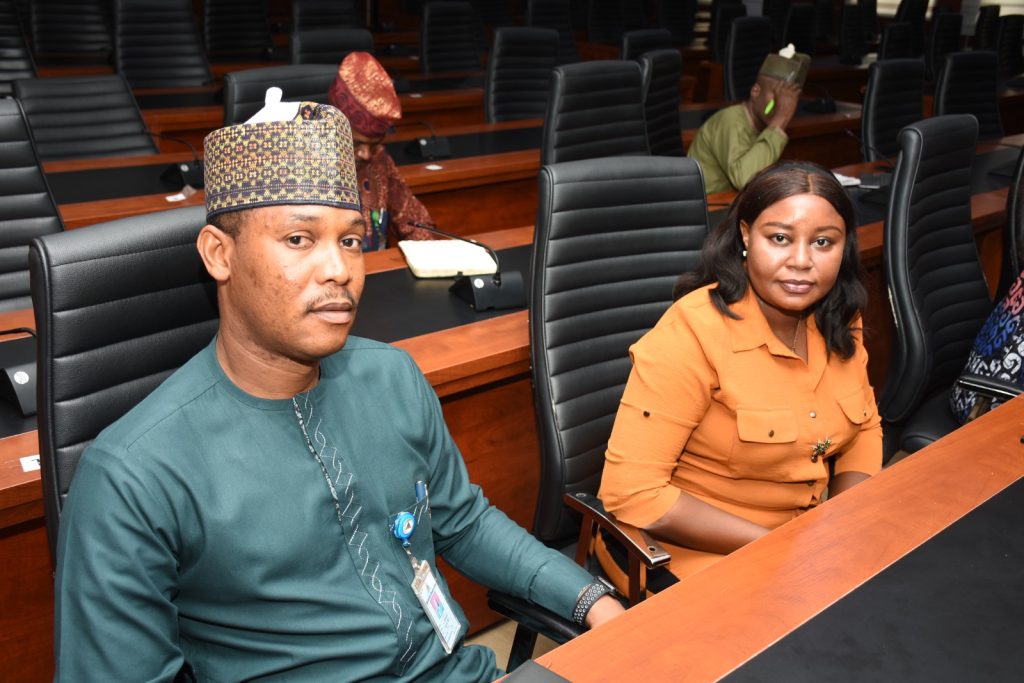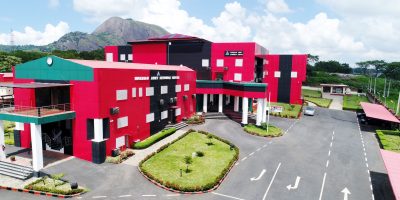Nigerian Army Resource Centre (NARC) Weekly Subject Experts’ Presentation was held at Hall C, TY Buratai Block, Abuja. The only presentations for the day was made by the Subject Experts on East and Central Africa.
The only presentation for the day was made by Brig Gen ED Idimah subject experts on East and Central Africa. His presentation Centered on how, Engineers Decry Corruption in Nairobi Development Approvals. On Saturday, 26 April, 2025, Standard Newspapers, Kenya, reported that engineers in Kenya are expressing significant concerns about corruption and inefficiencies in the development approval process in Nairobi County. The Institution of Engineers of Kenya (IEK) highlighted that unethical practices and poor service delivery are major barriers to transparency. On Saturday, 26 April, 2025, Standard Newspapers, Kenya, reported that engineers in Kenya are expressing significant concerns about corruption and inefficiencies in the development approval process in Nairobi County. The Institution of Engineers of Kenya (IEK) highlighted that unethical practices and poor service delivery are major barriers to transparency.
In his analysis and lessons for Nigeria, Brig Gen ED Idimah stressed out that, the development approval process in Nigeria plays a vital role in facilitating economic growth and infrastructure development. However, the process is often plagued by corruption and inefficiencies, which obstruct progress and contribute to widespread socio-economic disparities. Corruption is a pervasive issue in Nigeria, ranking 140th out of 180 countries in Transparency International’s Corruption Perceptions Index (2024). Within the development approval framework, corruption manifests through bribery, nepotism, and regulatory manipulation. A notable example is the real estate sector, where developers often face demands for kickbacks to expedite approval processes. According to Okonjo-Iweala (2018), this practice not only stifles legitimate investment but also perpetuates a culture of impunity among public officials. The inefficiencies in Nigeria’s development approval process are characterized by bureaucratic delays, lack of transparency and ambiguous regulatory frameworks. The World Bank (2020) notes that securing a construction permit in Nigeria can take an average of 30 days, significantly longer than the global average. The absence of standardized procedures further complicates the approval process, leading to inconsistent decisions and frustrating delays for investors and developers (Adebayo, 2021).
In many cases, developers are left in limbo due to unclear requirements, which can lead to project abandonment and financial losses. A significant number of development projects in Nigeria remain unfinished due to corruption and inefficiencies. The Nigerian National Assembly reported that over 1,000 projects worth billions of naira have been abandoned, highlighting systemic failures in project oversight and approval (Nwosu, 2021).
He recommended that, The Federal Ministry of Housing and Urban Development (FMHUD) should streamline development approval processes to reduce bureaucratic hurdles and opportunities for corruption and also FMHUD should encourage the use of digital platforms for submission and tracking of development applications to minimize face-to-face interactions and enhance transparency.


